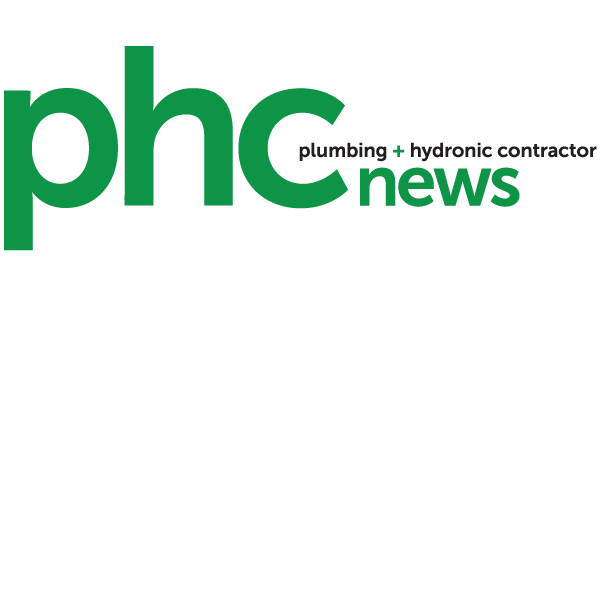

HYDRONIC PRODUCTS
36
phc January 2022 www.phcppros.com
AERCO Benchmark Platinum 4000/5000N
AERCO's Benchmark Platinum 4000 and 5000N commercial con- densing boiler leverages advanced features and patented technology to improve operating efficiency and increase energy savings, in the industry's smallest 4000/5000 MBH footprint. Incorporating a durable 439 stainless steel, fire-tube heat exchanger and advanced technolo- gies, the Benchmark Platinum 4000 and 5000N provide engineers, facilities management, and building owners with the flexibility to fit in retrofit and new construction that require one or multiple 4000 or 5000 MBH boilers. www.aerco.com
Laars FT Series Combination Boiler and Water Heater
Laars Heating Systems has an- nounced the launch of its power- ful, ultra-high efficiency floor- standing FT Series Combination Boiler and Water Heater, the only residential combi boiler that simultaneously supplies abundant home heat and endless hot water without interruption. The FT Series Combination Boiler and Water Heater includes a unique, integrated domestic hot water mini-indirect tank that delivers stable hot water on demand. Ad- vanced smart technology coordi- nates uninterrupted space heating with domestic hot water demand and ensures continuing hot water supply for multiple heating events. With industry-leading capacity, the FT Series Combination Boiler and Water Heater can deliver six gallons per minute of hot water in the first minute, and 5.2 gallons per minute continuous delivery at a 70F temperature rise. www.laars.com
Bosch Thermotechnology Singular Boiler Series
Bosch Thermotechnology, a leading global source of high-quality heating and cooling systems, has an- nounced its Singular Boiler series, delivering optimal comfort and hot water in one simple solution. The Bosch Singular Boiler series includes the Singular 5200 and Singular 4000 solu- tions, delivering 5.2 and 4 gallons of hot water per minute, respectively, giving users the ability to oper- ate multiple showers and other hot water applications simultaneously. Featuring a 95% AFUE rating and a turndown ratio of up to 10:1, the units include simple, four-digit displays and dual stainless-steel heat exchangers. www.bosch-thermotechnology.us
Dunkirk DMG Condensing Hot Water Boilers Series
The DMG 240 condensing hot water boiler is for resi- dential or light commercial applications. The ENERGY STAR status boiler features a built in boiler loop pump and a low water pressure sensor. For commercial appli- cations, DMG 380 condensing hot water boiler features a 95 percent thermal efficiency rating. The boiler can meet varying load demands. The boiler features a built in boiler loop pump, a low water pressure sensor and Plug- N-Play, CSD-1 kits. www.dunkirk.com
Previous Page
